No products in the cart.
Sale
Elsiglutide (CAS 914009-84-0) | GLP-2 Analogue – GMP Manufacturer & Supplier
Original price was: $18.00.$16.00Current price is: $16.00.
Elsiglutide (ZP1846) is a selective GLP-2 receptor agonist that promotes intestinal cell proliferation, reduces apoptosis, and alleviates experimental drug-induced gastrointestinal disturbances. Supplied by a GMP-certified manufacturer, Elsiglutide is intended strictly for laboratory research use in intestinal biology, inflammation, and gastrointestinal disease models.
Disclaimer: For laboratory research use only, not for human or veterinary use.
Description
Product Description
Elsiglutide (CAS 914009-84-0), also known by its research code ZP1846, is a synthetic analogue of glucagon-like peptide-2 (GLP-2). It has been engineered for enhanced pharmacokinetic properties, with a particular focus on stability, oral bioavailability, and selective receptor activation. As a GLP-2 receptor (GLP-2R) agonist, Elsiglutide is structurally optimized to mimic the biological functions of endogenous GLP-2, a gastrointestinal hormone involved in regulating intestinal epithelial growth, barrier integrity, and nutrient absorption.
In the field of preclinical and translational research, Elsiglutide is widely recognized for its unique ability to modulate intestinal cell turnover by increasing proliferation while simultaneously reducing apoptosis. These dual effects make it a particularly attractive tool for studying diseases characterized by mucosal injury, compromised gut barrier function, or excessive epithelial cell loss.
The gastrointestinal tract is a rapidly renewing tissue, where epithelial cells are constantly replenished from intestinal stem cells. Disruption of this balance can result in gastrointestinal dysfunction, malabsorption, and chronic inflammation. Elsiglutide’s pharmacological action on the GLP-2 receptor provides an effective strategy for restoring epithelial integrity, increasing villus height, and improving absorptive capacity. In research settings, this has been demonstrated to alleviate pathological outcomes in models of inflammatory bowel disease (IBD), Crohn’s disease, and chemotherapy-induced gastrointestinal injury.
Notably, Elsiglutide has also been studied in the context of drug-induced diarrhea, particularly in preclinical models where Lapatinib, a tyrosine kinase inhibitor, induces gastrointestinal toxicity. By mitigating diarrhea and maintaining mucosal homeostasis, Elsiglutide provides researchers with a model compound for investigating supportive therapies in oncology-related gastrointestinal side effects.
Another strength of Elsiglutide lies in its oral activity. Unlike many peptide-based therapeutics that require parenteral delivery, Elsiglutide has been designed with modifications that improve gastrointestinal stability and absorption. This feature enables exploration of novel drug delivery mechanisms and expands its versatility as a research tool.
Supplied at a purity level of ?99% (HPLC verified), Elsiglutide is manufactured under GMP-certified conditions, ensuring consistency, reproducibility, and high-quality standards suitable for laboratory applications. Available in both wholesale and retail formats, it is an ideal research peptide for academic institutions, pharmaceutical companies, and biotech laboratories investigating gut health, metabolic regulation, and mucosal biology.
Disclaimer: Elsiglutide is intended exclusively for laboratory research use. It is not approved for human or veterinary use, clinical administration, or as a dietary supplement.
Product Specifications
| Parameter | Details |
|---|---|
| Product Name | Elsiglutide |
| Synonyms | ZP1846, GLP-2 analogue |
| CAS Number | 914009-84-0 |
| Molecular Type | Synthetic peptide analogue |
| Mechanism | Selective GLP-2 receptor (GLP-2R) agonist |
| Purity | ? 99% (HPLC) |
| Appearance | Lyophilized peptide powder |
| Formulation | Supplied in lyophilized form for maximum stability |
| Stability | Stable at -20°C for long-term storage; avoid repeated freeze-thaw cycles |
| Storage Conditions | Store at -20°C under inert atmosphere; protect from light and moisture |
| Solubility | Soluble in aqueous buffers commonly used in peptide research |
| GMP Compliance | Manufactured in a GMP-certified facility ensuring reproducibility |
| Applications | Laboratory research on gastrointestinal regeneration, IBD, Crohn’s disease, chemotherapy-induced diarrhea, apoptosis regulation |
| Availability | Wholesale & retail supply |
| Intended Use | For laboratory research use only; not for human or veterinary applications |
Mechanism of Action & Research Applications
Mechanism of Action
Elsiglutide functions as a highly selective GLP-2 receptor agonist. The GLP-2 receptor is expressed primarily in the gastrointestinal tract, including intestinal subepithelial myofibroblasts, enteric neurons, and epithelial progenitor cells. Upon activation, Elsiglutide triggers downstream signaling pathways such as the PI3K/Akt pathway and MAPK/ERK cascade, both of which contribute to enhanced cell survival, proliferation, and anti-apoptotic effects.
Key cellular mechanisms include:
Promotion of Cell Proliferation
Elsiglutide stimulates the expansion of intestinal crypt cells, leading to increased villus height and surface area for nutrient absorption.Reduction of Apoptosis
By activating anti-apoptotic signaling cascades, Elsiglutide reduces programmed cell death, preserving epithelial barrier function.Enhanced Barrier Function
GLP-2 receptor signaling improves tight junction integrity, limiting paracellular leakage and preventing bacterial translocation.Anti-inflammatory Modulation
Elsiglutide indirectly reduces intestinal inflammation by preserving mucosal structure and attenuating pro-inflammatory cytokine release.Metabolic Implications
Beyond gastrointestinal biology, GLP-2 signaling has been associated with improved lipid metabolism and nutrient utilization, making Elsiglutide useful for broader metabolic research.
Research Applications
Inflammatory Bowel Disease (IBD) and Crohn’s Disease
Preclinical models show that Elsiglutide reduces intestinal inflammation, restores epithelial integrity, and promotes mucosal healing.
Useful for exploring epithelial regeneration therapies and immune modulation strategies.
Chemotherapy-Induced Gastrointestinal Toxicity
In animal studies, Elsiglutide reduces Lapatinib-induced diarrhea.
Provides a tool for examining GI-protective interventions in oncology research.
Intestinal Regeneration Studies
Supports villus regrowth and crypt expansion.
Enhances nutrient absorption efficiency in malabsorption models.
Apoptosis and Cell Survival Research
Serves as a model compound for studying apoptosis regulation in epithelial tissues.
Allows researchers to investigate pro-survival signaling cascades in gut biology.
Metabolic and Nutrient Utilization Research
May be applied in studies linking intestinal function with systemic metabolic outcomes.
Offers insights into how gut integrity influences lipid metabolism and nutrient transport.
Side Effects in Research Models
Although Elsiglutide demonstrates a favorable safety profile in preclinical models, certain experimental effects have been observed:
Dose-Dependent Epithelial Overgrowth
Excessive stimulation of crypt cells may result in abnormal mucosal proliferation.Gastrointestinal Discomfort in Animal Studies
Some models indicate mild bloating or altered motility at high doses.Potential Malabsorption-Linked Variability
Depending on genetic or dietary background of the model, responses to Elsiglutide may vary.Unknown Long-Term Effects
Chronic exposure in research settings requires careful monitoring due to its potent proliferative effects.
These findings emphasize the importance of using Elsiglutide strictly within controlled laboratory experiments. Observed side effects are for reference only and do not represent clinical safety data.
Disclaimer
is supplied exclusively for laboratory research purposes.
It is not for human or veterinary use, not a drug, dietary supplement, or therapeutic agent.
Appropriate laboratory handling procedures must always be followed.
Keywords
ZP1846 peptide
GLP-2 receptor agonist analogue
Orally active GLP-2 analogue
Intestinal regeneration peptide
GMP peptide supplier Elsiglutide
Research peptide for IBD
Chemotherapy-induced diarrhea model peptide
Intestinal apoptosis regulation research
Additional information
| Weight | 0.8 kg |
|---|---|
| Dimensions | 43 × 52 × 43 cm |



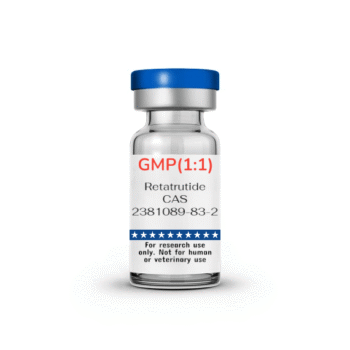
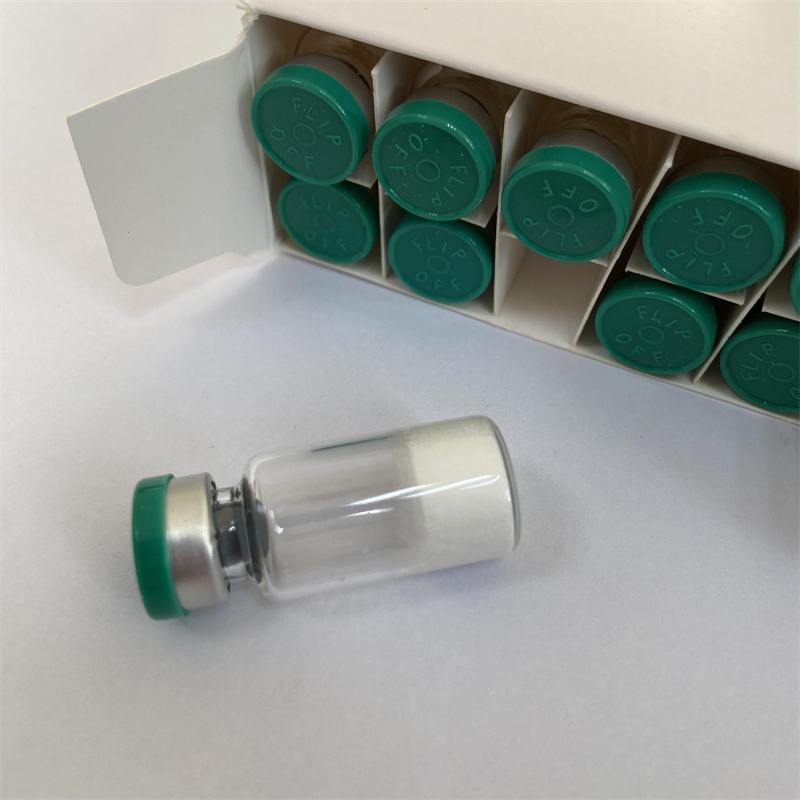
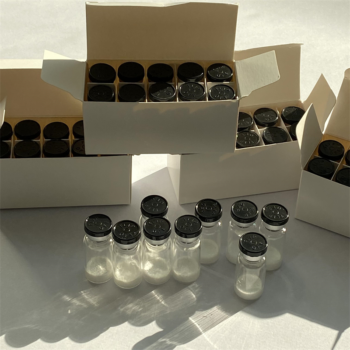
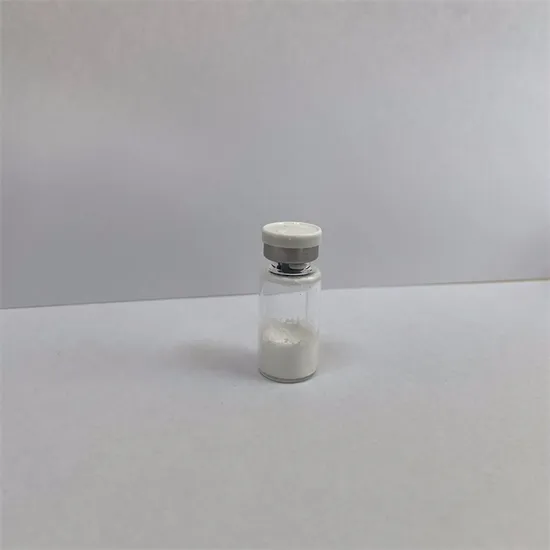
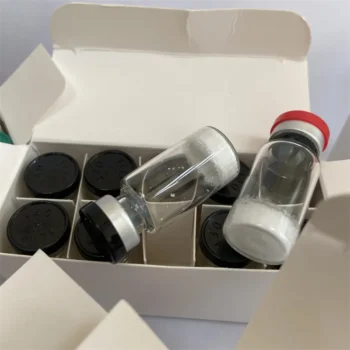
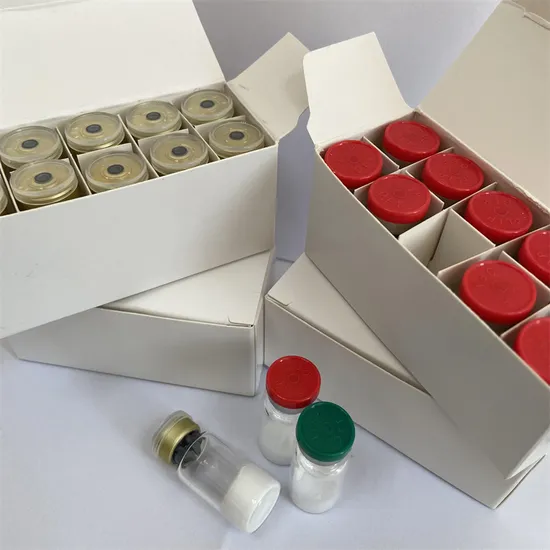
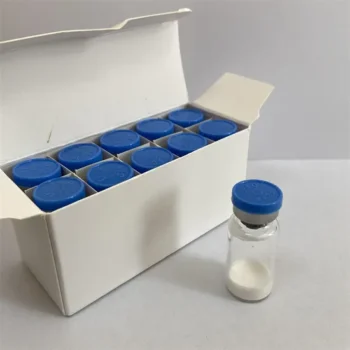
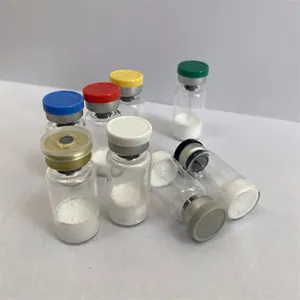
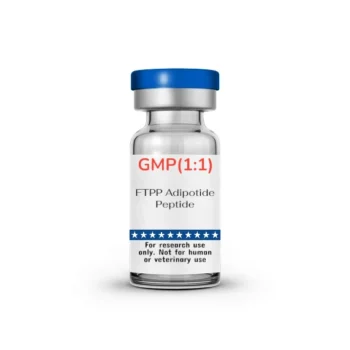
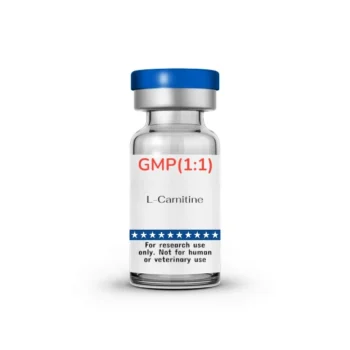
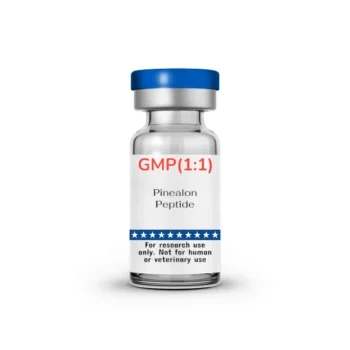


Reviews
There are no reviews yet.